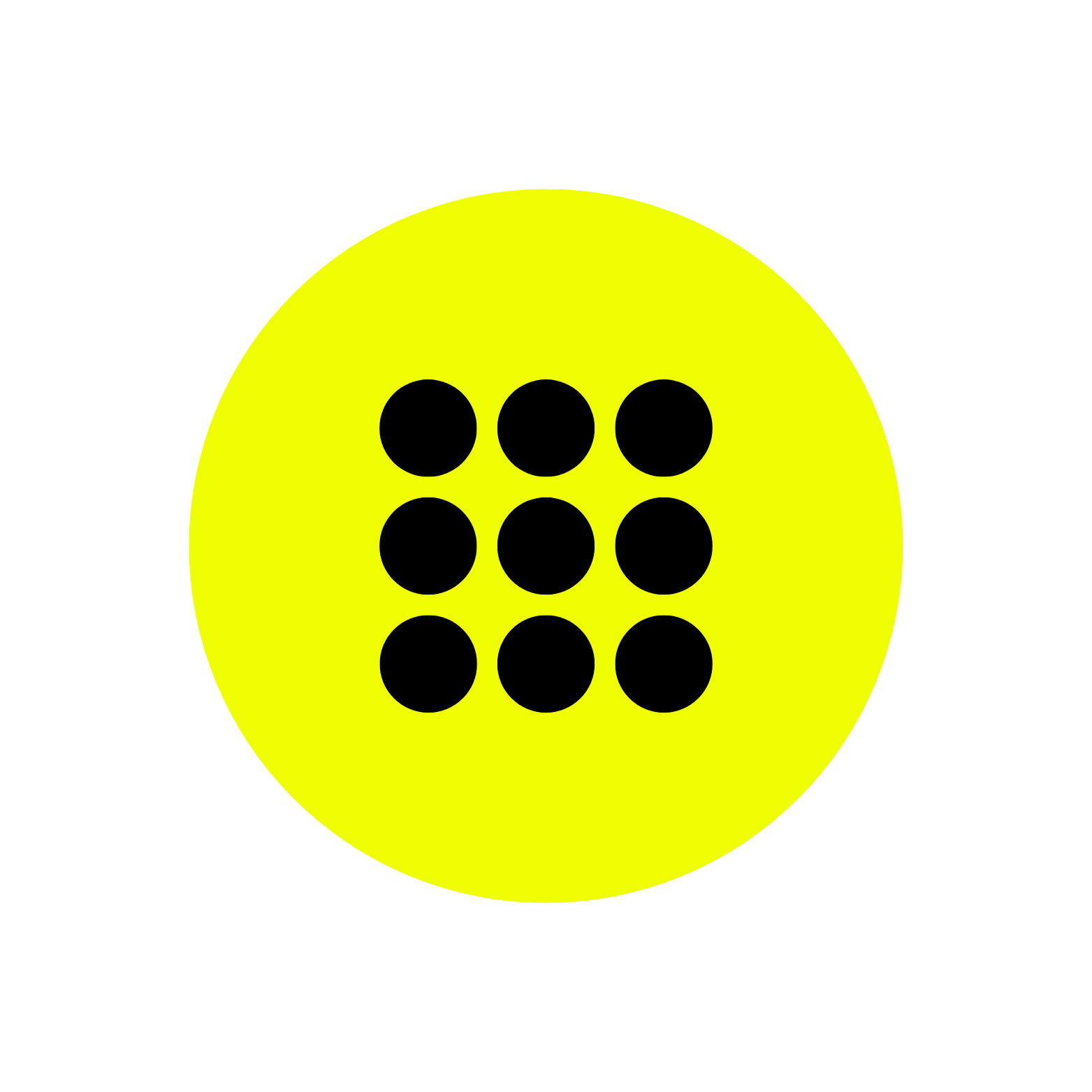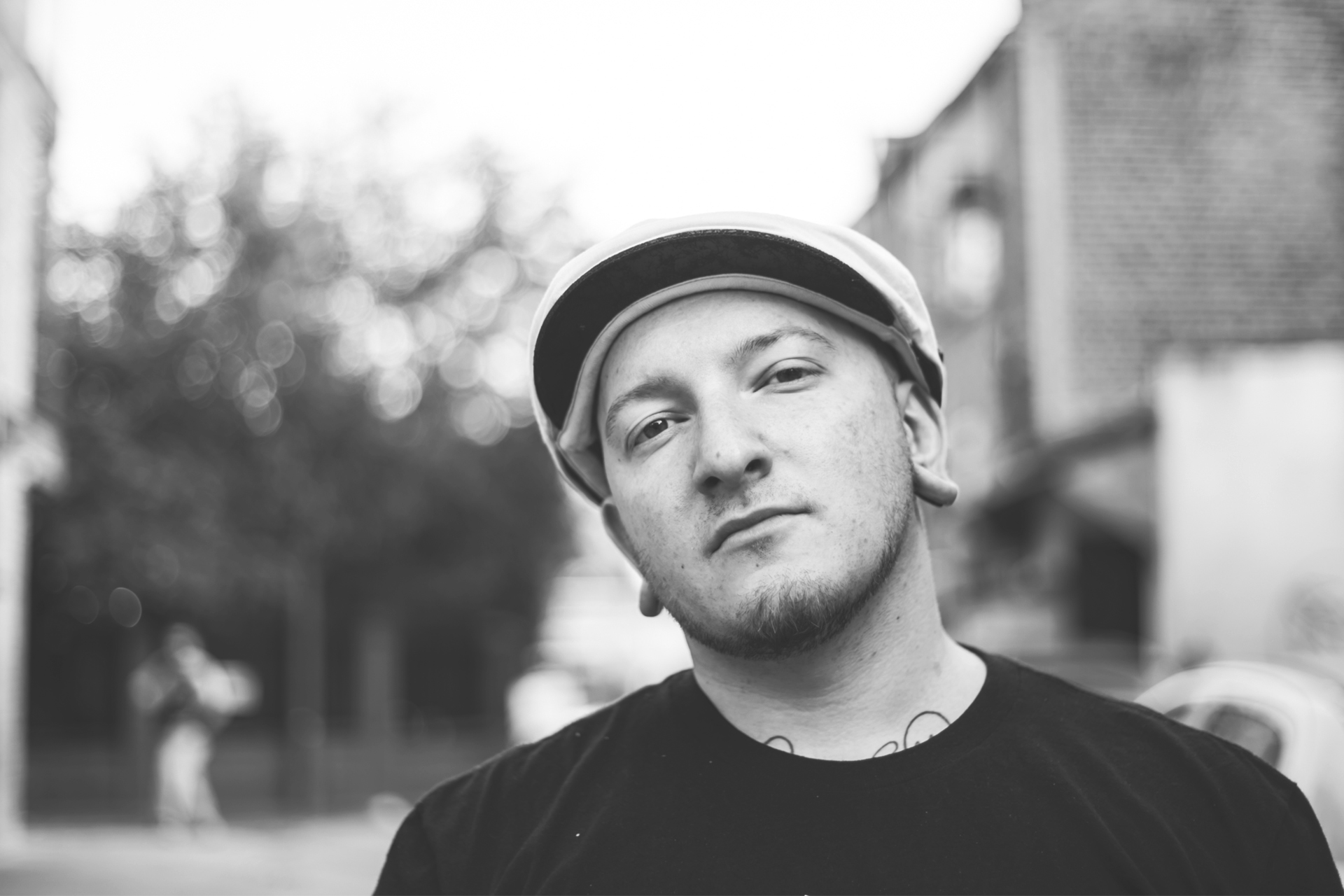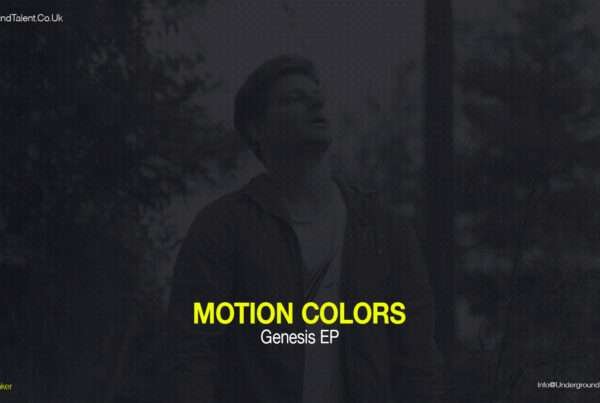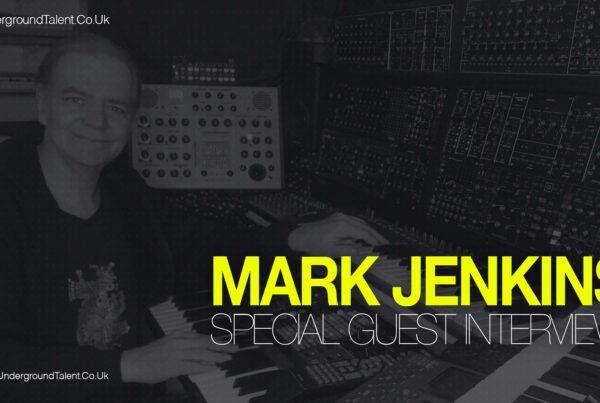I took time off from writing and I was active by performing in London’s techno scene. I came across many artists and met some very special ones that I will introduce to you here in Underground Talent. One of them is ØLMØ.

Having a few conversations with him about music and his background, I realised there is a lot in common and I would like to know a little bit more about ØLMØ. His Dj skills and music productions experience made me want to make this interview happen.
There is knowledge that needs to be shared. Let’s get to know ØLMØ!
Who is ØLMØ?
Olmo is a DJ and producer based in London, Uk. Active in the scene since early 2000’s, he has been spacing though different genres ever since, exploring different styles and techniques.
The latest project of the artist started in the October of 2018: ØLMØ
It Is a study aimed to connect raw elements and vast soundscapes; It’s a research for a bridge through entertainment and cultural expression, art and chaos.
Let’s get to know ØLMØ with this episode of Behind the Scene Interviews.
ØLMØ @ IN THE GLASS (ITG) East London EP05
How did you start? What made you DJing?
I used to go out since 1999-2000 at that time I was about 13. Squats and alternative venues where spaces where you could listen from hip hop and reggae to drum and bass and techno. It all began when I found a stash of old records in a friends basement at around 15 years old.
We had a basic home turntable but we felt fascinated about listening to music that way. I had a few mates who already did, and the idea of starting to play myself came after I found record stores. I was so fascinated and the best thing was that they had great music!
The more I hung out in those shops, the more I found out about venues and parties. After about a year of practicing at home, I eventually started playing in those same venues I used to hang out.
How do you describe your sound? Who were your influences?
I had a long long journey. I started Djing in 2002 with jungle and breakbeat but at the same time I was playing hip hop and dancehall. I used to listen to literally everything but I was playing one genre at a time.
I got fully into electronic in 2015 and into techno in 2018. I’ve always gone for full immersions and was influenced by everything I used to listen to and play. I wouldn’t know how to describe my sound. I guess weird and solid is the best way.
Read Aslo: Ayako Mori @ Special Guest Interview
Who are your top five favourite artists of all time? Why those artists? Can you name a few of your favourite records?
Without any specific order I would say: Jeff Mills, Oscar Mulero, Robert Hood, Sean price… and a free slot that can change every week. This week is probably CRAVO. I’ve always been obsessed by technical skills and every one of these influenced me deeply.
Minimal nation – Robert Hood …. Blades – Yan Cook …. Mutant Future – D.Dan …. Kimbo Price – Sean Price. these are literally the first ones that came up to my mind.
What attracted you to the electronic music industry?
My everyday job is related to music industry and my attraction to techno got stronger and stronger because of independent artists and venues.
I respect the music industry but I belong to the independent side of music, also known as underground. I am a professional but I’m an artist before being a product.
Read Aslo: Musicoleptik – Behind the Scene Interview
How did you come up with your artist name, ØLMØ?
I changed various names basing on different projects. In 2018 I used my birth name. I’ve chosen ØLMØ written this way because of a few other homonymous artists.
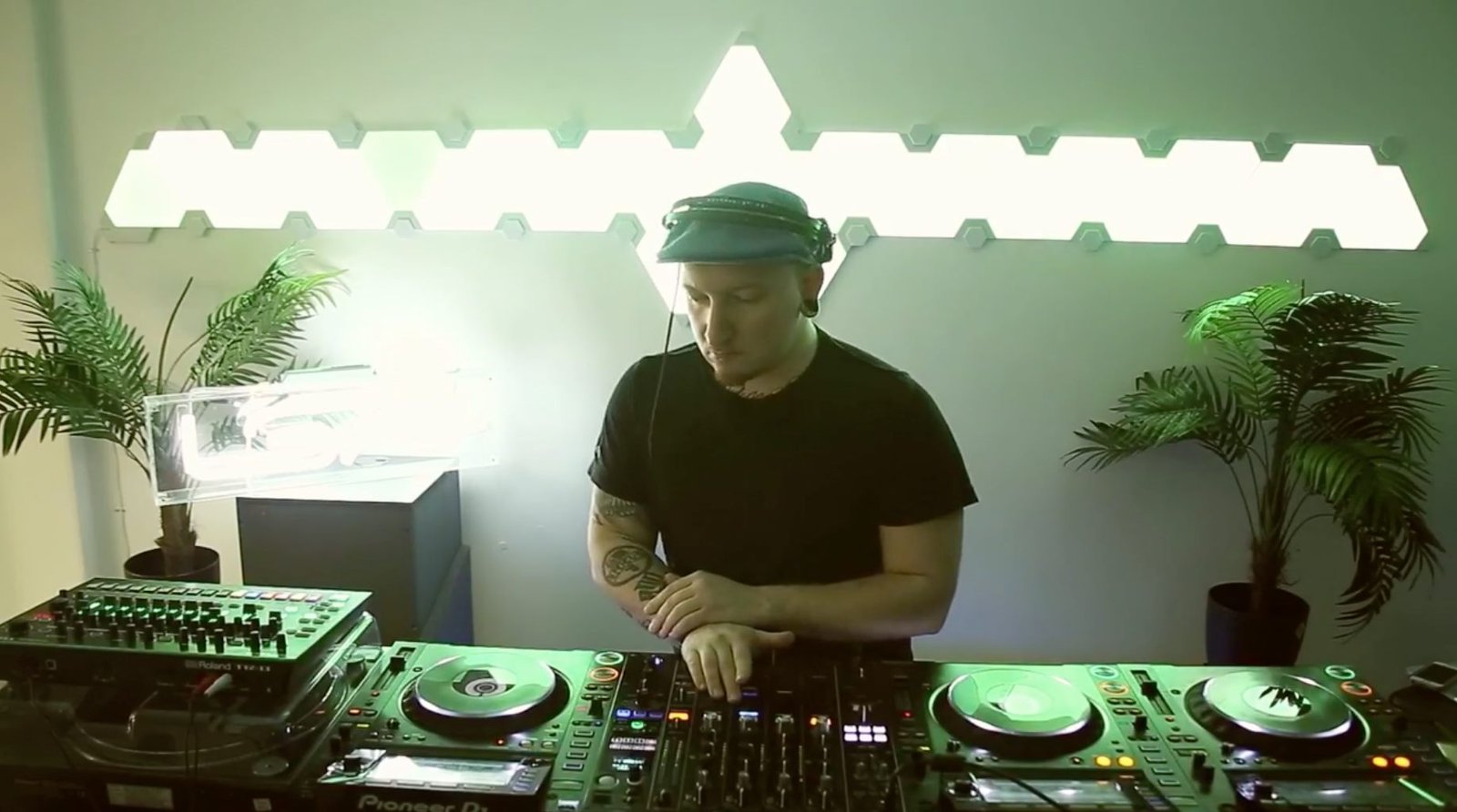
ØLMØ
How does a day look like in your life, as a professional electronic music artist?
I’m lucky to work as a DJ tutor but I don’t believe it’s so much related to my artistic career, apart from knowledge and skills. I’m a normal person, with an ordinary life. I just try to find time for my music, aside from my 9 to 5 job. I used to get most of my income from gigs in different periods of my life.
I went from weekly residencies to big events scattered every now and then. I realised that I don’t want to compromise and I don’t want to make music having money as my priority. I know my worth but I have my main job to provide for myself.
Read Also: Moog Conspiracy From Elektrotribe Records @ Special Guest Interview
What draws you to and what made you begin a career specifically in Techno?
The main reason why I feel like I belong to this genre of music is the freedom from the market. I wouldn’t consider it a career but more like an artistic project.
How do life and music career feedback into each other?
It’s a matter of balance. I believe I found a good ratio.
What is your favourite part of being an artist? Playing live? Creating music? Parties?
I love and I need parties. I’m a DJ and that’s the way I’ve grown up. So playing music for people is my favourite.

ØLMØ
What do you personally think to be the best moments in your artistic career?
Every time I reach a personal target I set a milestone. Music is not linear and goals or best moments are relative. In 2008 I played in my first dream venue, together with artists I grown up listening to; in 2011 I played in front of five thousand people.
In 2016 I played about 150 gigs. I had a lot of good moments but the best are always in front of me and the older I get the more my priorities change and evolve.
Read also: Behind The Scene With Talantösis – Interview
We are expressing music through creative skill and imagination as artists, and in many cases, it can reflect our lives through social or political message. What is your approach as an artist?
The strongest way to make a political statement, is to take actions without making it political. A rave is a place where everyone is welcomed and where people tolerate each others despite the personal issues; at raves where everyone looks out for each others and try to get the best of them; a place where everyone is free to be and express themselves.
You don’t need any slogan or political symbol and you can educate others without being patronising. As an artist, I believe that politic and moral must be always among my first priorities.
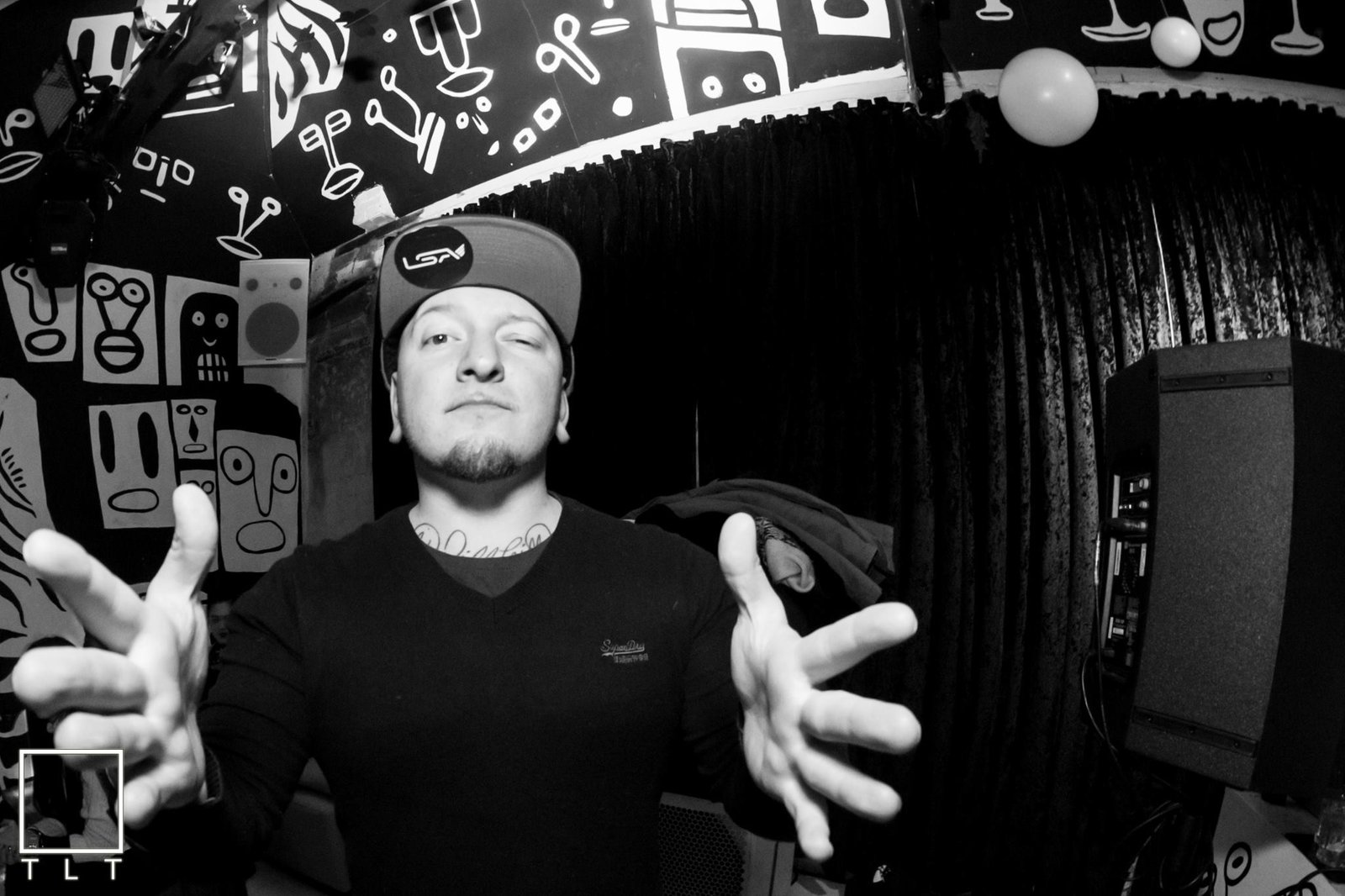
ØLMØ
Read Also: 7 Music Industry Tips for Successful Networking
With who would you like to collaborate the most?
Plenty of big artists and venues!
Why do you love Djing? Can you describe what makes a good DJ?
A DJ should follow the crowd but also lead them. It’s about creating a bond with the people, setting the room to a certain energy and moving it or keeping it.
It’s about observing but also about gaining attention and trust. It’s about selection of tracks, but also the way the tracks are de-composed, mixed and controlled. With experience and techniques a good DJ creates a bond that isn’t constrictive to lead the crowd.
What was your first set-up as DJ? How has your set-up evolved over the years, and what are the most essential pieces of gear?
I have always adapted and evolved basing on the set-up that I founded in clubs. I started with 2 turntables and a mixer. Now the set up depends by the style and the length of my sets. I like layering so I give my best with at least 3 decks.
What were your main challenges when you started as a DJ?
Carrying tons of records and getting paid after a gig haha. Promoters used to run before the shows or they came out with excuses.
Read Also: Theo Komp From Minimal Force Records | Special Guest Interview
What is it about DJing, compared to music production, that makes it attractive to you?
Djing is social and is something you do on the go, basing on previous experience and training. Music production is a long process and it takes a different kind of abilities. They are part of the same but they are impossible to compare. It’s like comparing cooking and eating.
How would you define DJing as a job? Can you describe the influence of the DJ?
The price for everything depends by the perceived value of it. There are many different layers and leagues in art and entertainment and the same performance can be paid differently basing on many volatile circumstances. Djing can be a hard job but It can also be an easy one and there are many different ways of djing.
What makes you decide to play a particular track during one of your sets? Is there a criteria for selecting what to play at a gig?
I arrange every playlist before a set. I’m not a selector, so I don’t play one track at a time but instead I create a story playing and blending multiple tracks together. I base my choices around the slot time, the music policy, the type of equipment and sound system and of course my mood.
I know that the playlist that I crafted for a specific set might not work and so I’m always careful about reading the crowd and I’m ready to jump to another pre arranged playlist of music that work together if I need.
How important is practising for achieving your goals?
It’s all about training in order to learn, and practicing not to forget.
How do you handle your mistakes when you perform? Did you ever have any troubles managing them?
My style is not clean at all and I risk high every time. Sometimes it’s easy to turn mistakes into tricks, some other times I just fuck up.
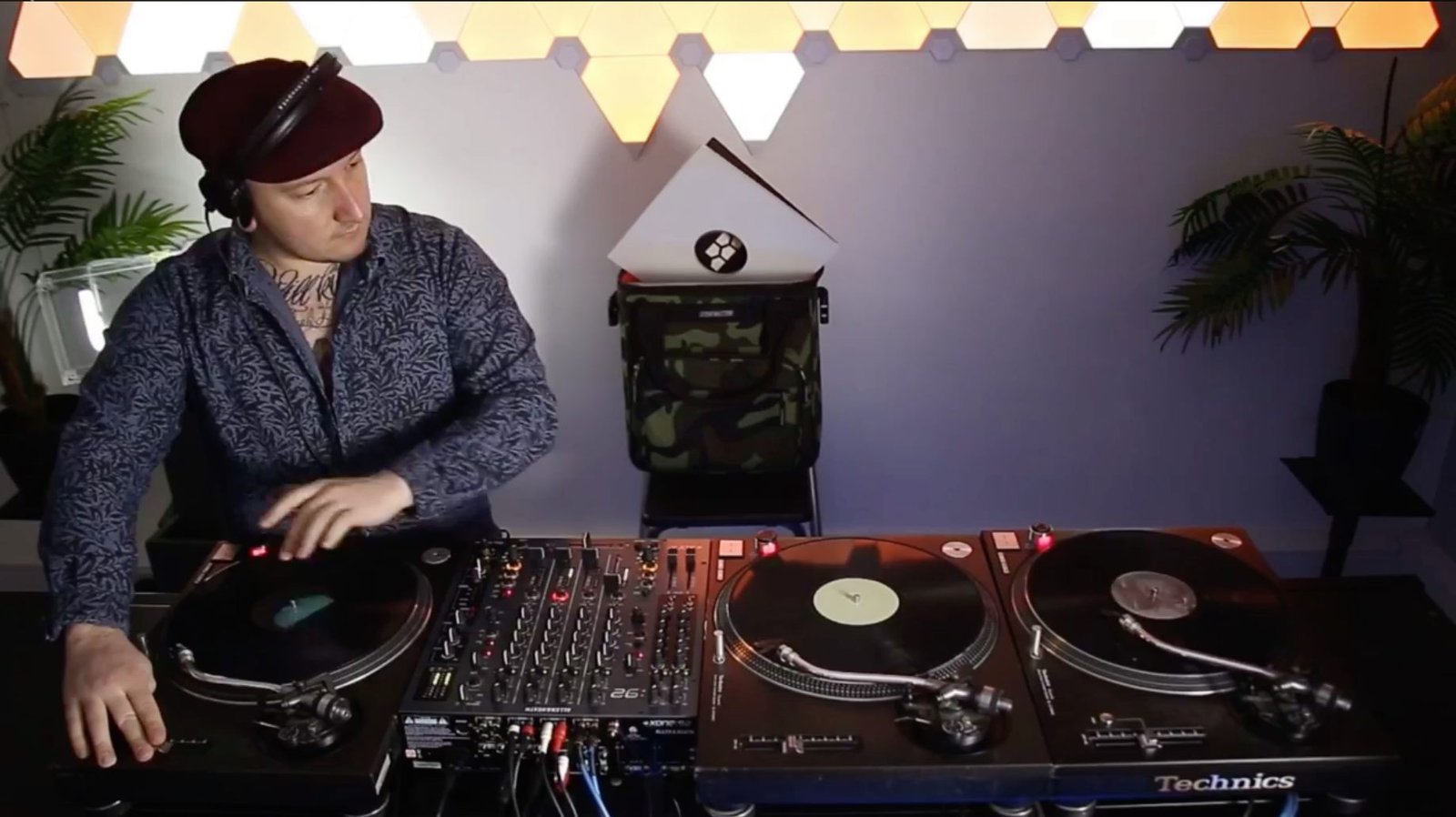
ØLMØ
What was the most stressful moment in the DJ booth, and how did you manage it?
In the years I made the booth my safe space and I feel pretty confident in it. The most stressful moments are before and after getting there.
Do you like playing b2b? How does it compare to a solo situation? Who was your favourite b2b so far? Can you describe how you approach a b2b?
I don’t like b2b because I’m not really into selecting music. It’s good fun with friends but it feels like playing videos on youtube and not really like djing.
What’s your favourite place to perform, clubs, festivals, or radio?
I like medium small venues, no more than 400 people. I need to feel the people to play for them at my best.
What’s your favourite Festival? Can you tell us why?
I’m not really into festivals, they’re a bit too dispersive.
Do you travel a lot for gigs? How do you manage music production while travelling?
I didn’t have more than 10 international gigs so far so I wouldn’t know.
Where have you performed? Tell me about your favourite performance venues. Any upcoming shows?
In the years I played in more than 100 venues. The most prestigious venues I played are probably 02 Academy, Sunkeys, EGG, Ministry of Sound.
But my favorite venues have been Corsica studios, Lightbox and warehouse parties. I like big sounds and nice people.
If you have a gig tonight, what does your approach look like? How do you prepare yourself?
I try to get there early enough to try and read the room and feel the vibes. I prepare a playlist or I use fragments of previously arranged ones. Not much preparation involved apart from those details.

ØLMØ
Any plans for the future? What do you have coming up?
In the last few months I’ve been mostly focusing on original music. Aside from new releases I have a few podcasts coming out soon.
Can you explain your state of mind during your DJ set? Any distractions? How do you enter into this state?
I’m mostly focused on reading the crowd and on controlling the music. I’m not easily distracted but I can’t pay much attention to people talking to me. I guess it’s a matter of focus and experience.
How do you decide which track to play next? What makes them a good fit? How far do you plan ahead during your set?
As i mentioned before, I plan my playlists and I follow them in order until I feel it’s time to jump to another playlist. I know my playlists and I jump between segments basing on energy and crowd reaction.
Which event do you look back on with the most pride?
It changes with time, as I grow the milestone changes. I played an event in Poland in 2019 as a headliner, at Protokultura in Gdansk. The crowd was nice and receiving love from people I hadn’t met before in another country was priceless.
I also feel lucky to have played for Jaded in London.

ØLMØ
How did you start making your own tracks? What led you to electronic music production?
I started playing around with DAW, because a friend of mine had a crack version of Reason back in 2001. I was making cheap drum n bass. I was simply fascinated about it. I never stopped ever since but I began to approach production seriously only many years later.
Read Also: How To Learn Electronic Music Production | 12 Tips By Lex Bunker
What inspires you to make music? What are you trying to express?
I’m motivated about creating music that touches people. I’m so much more confident as a DJ than as a producer and i’m motivated by the idea of improving.
Did you ever have a mentor? What was the best experience?
I never really had any mentors. I tried to listen carefully to the music I liked. I relied on feedback from friends and exchange of knowledge in order to grow my skill set.
Can you describe your own development as an artist?
Production wise I started messing around with electronic music in 2001. Around 2003 I started messing around with basic step sequencers ( mc505 – electribe ). I grew passionate but I was totally self taught and pretty young.
Even though from 2005 I was playing regularly as a DJ, my productions where pretty much just a game. From 2006 I started producing instrumental beats and recording rappers and singers or experimenting with break beat and weird music.
I released independently my first albums and singles around that time. In 2012 I took it a bit more seriously and I moved more and more into house and techno. I released my first electronic tracks in 2016 and I started focusing on beatport stats.
In 2018 I quit all my side projects and I started my latest one: ØLMØ. focused exclusively on techno. It took me some time to find out what I wanted to do and where I belonged. I believe that is important to keep evolving, and this is where it led me.

ØLMØ
What does your studio look like? What gear do you typically use?
I have a home studio. Studio monitors, a couple of synths and I do a lot in the box.
Can you describe your studio set-up? What’s your favourite equipment?
It took me years and endless trials with various pieces of equipment to understand what I needed and I’ve always bought and sold gear.
I mostly work in the box and I have an eurorack system that I use for synthesis. I’ve always liked simple intuitive step sequencers and I guess that my favourite piece of gear is a vst or propeller head reason called “Redrum”
Music instruments to synthesisers and hardware to software environments; they are all used in the production process. How is this reflected in your studio? Can you describe the relationship between yourself and your tools?
I believe that nowadays everything can be made in the box, using good samples or good editing. I always used hardware in order to understand “how it worked”.
Using machines it is possible to learn a lot and to get new creativity and inspiration.
There are many forms of collaborations. What role do they play in your opinion, and what are your ways of engaging with other producers?
I have collaborated with a few close friends on remixes. They can be inspirational.
What is it like for you getting in the zone of inspiration? What supports this ideal state of mind. How do you handle distractions? Are there strategies to enter into the zone more easily?
I believe that some people like to have discipline and to spend one hour a day producing, while some others wait until they are free and they spend 10 hours in one day.
I personally compose and arrange my tracks, and after some time I sit down and mix multiple tracks in the same period. I force myself to mix down when I’m not inspired as it is a bit more technical then creative.
How is playing gigs and producing music in the studio connected? What do you draw from each experience?
I mostly produce tracks with the dance floor in mind, DJ friendly and k-hole friendly.
How do you see the relevant importance of DJ and music production?
For me, the line between the figure of the DJ and producer is blurred.
What release are you most proud of so far, and what projects are you currently working on?
I’m super proud about Traumatismo 13. on Trau-ma. I have always loved the label and I’m happy I put my name on it. I’m also pretty happy about my track positivity out on Laburnum VA Colour Grooves. I don’t have any release coming at the moment but I’m not in a hurry.
Can you tell us about your latest LP/EP release?
My latest EP is Methadone on MINIMAL FORCE. They are good friends and It was a pleasure to have collaborated. The EP is made of 3 tracks, the concept behind it is mental health and fake happiness, pretty much like methadone itself. I would describe the tracks as gritty but musical.
Do you have any recommendations for your work for people to check out?
I would say to check the labels I have worked for and to keep digging, there are plenty of great artists out there!
How do you feel the Internet has impacted the music business? What do you think about online music sharing? Do you ever give your music away for free?
I started giving out flyers by hand when I was 14 and most flyers where promoted directly talking with people. The internet expanded everything and music changed so much. There are a lot of positive sides but many negative ones.
I believe that’s it’s important to understand how to support artists independently from their private life or their characters. l always put the music first. I’m always happy to give my music out for free.
Read Also: Stop Being A Perfectionist

ØLMØ
What’s your view on the value of music today? In what way does the plethora of music change our perception of it?
Music has always reflected society and have always evolved accordingly. Nowadays it’s all about speed, immediate result, quantity, extremism. I wish people could listen in silence sometimes.
How did the pandemic affect your plans? Do you believe the music industry will ever recover?
The pandemic helped me to take a massive rest and to slow down. Nothing will ever be the same, but changes are inevitable.
What do you think about the underground electronic music scene in London?
I believe that the independent scene is healthy but struggling. Underground shouldn’t mean extreme or exclusive, but it should be an alternative scene to the mainstream that is mainly focused around profit and monetisation.
The underground scene sometimes attract people who has fame and money in mind but it isn’t good enough to get there. London’s underground scene is big and healthy and more and more people support and keep it alive ,thank’s to their love for music, art and each others.
Does your music fit in the sound of London? How do you take advantage of that? Do you have any obstacles and difficulties with that.
I guess it’s not up to me to say.
Do you feel that creative decisions are shaped by cultural differences? How is the perception of sound influenced by that?
When music comes from true expression of identity, the strongest creative potential is found within strong emotions. Cultural differences can generate the most beautiful and personal music.
Any advice to aspiring artists beginning their journey in the underground electronic music industry?
Focus on art before anything else. Focus on quality before quantity. Try to be happy with what you do and try not to compromise with what you feel.
What advice would you give for someone wanting to follow in your footsteps?
Patience and determination are the key.
If you ever had the chance to travel back in time and talk to a younger version of you, what would you advise yourself?
Don’t forget that resting is part of the process.
Please recommend a couple of artists to our readers which you feel deserve their attention.
Tsibo, Slumber Burden, DLTN, Alba Heidari, Arnaud Le Texier, Voicedrone, 7xins, Yan Cook, TWR72, Temudo, Wrong Assessment, Phara.
Any message you would give to your fans?
An artist without an audience is like a text message that doesn’t get delivered. I’m always grateful when my music inspire and entertain and i will always be this way.
What’s next for you?
I’m focusing on creating better music and playing more further.
Finally, who in your opinion, is the hottest/best/most fire DJ around today?
There are a lot of incredible talents, difficult to come up with one.
ØLMØ – Techno Set at London Sound Academy
Underground Talent Team
Thank you ØLMØ for accepting our invitation for interview at Underground talent. It was great meeting you and we hope the best for your music and your future!
Follow & Listen to ØLMØ
And Always Remember…
Have Fun & Be Creative!
